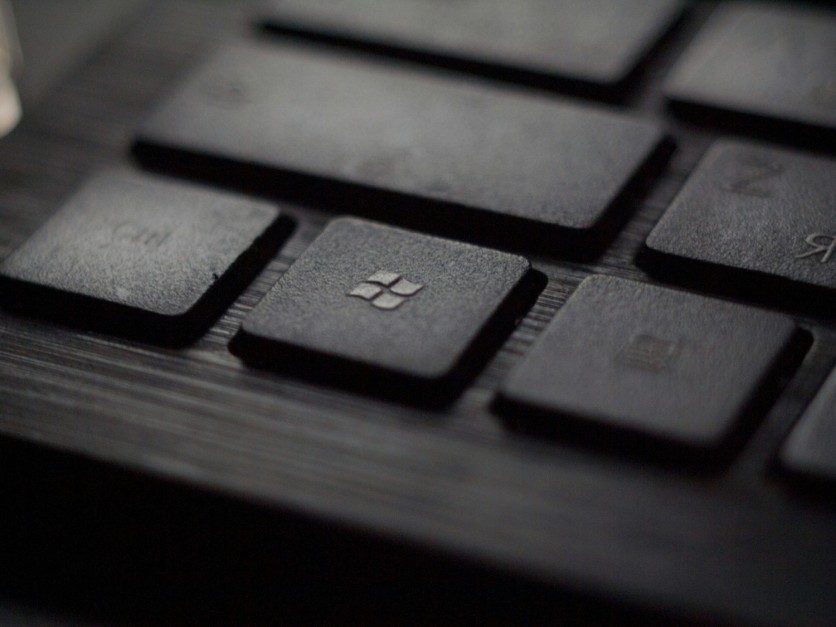Microsoft is set to launch a new AI-powered feature called Recall, which aims to give a new meaning to how users interact with their PCs.
Debuting on June 18 as part of the new Copilot Plus PCs, Recall screenshots everything you do on your computer, enabling users to search and retrieve information instantly. However, cybersecurity experts warn that Recall could pose significant security risks.
How Recall Works and Its Intended Benefits

Recall uses local AI models to capture everything you see or do on your PC. The feature promises to keep all data local and private, ensuring no information is used to train Microsoft's AI models.
Recalll includes an explorable timeline, allowing users to scroll through past activities and find specific information quickly.
Related Article : Microsoft's AI-Powered Recall Helps You Find Anything on Your PC
What Did the Experts Discover About Recall
Despite Microsoft's assurances of a secure and encrypted experience, cybersecurity expert Kevin Beaumont has identified potential vulnerabilities in the Recall feature.
Beaumont, who briefly worked at Microsoft in 2020, tested Recall and discovered that it stores data in plain text within a local database. This could make it easy for malware to extract sensitive information.
As per The Verge, Beaumont demonstrated how the database, stored in the AppData folder, is accessible to anyone with admin privileges. He even showed that the database might be accessible without admin rights, raising serious security concerns.
"Recall enables threat actors to automate scraping everything you've ever looked at within seconds," he warned.
Privacy and Security Concerns
The introduction of Recall has triggered a reaction from privacy advocates. Many view the feature as a potential "privacy nightmare," with the UK's Information Commissioner's Office seeking clarity from Microsoft on its implementation.
Despite these concerns, the Redmond giant maintains that Recall is an optional feature with built-in privacy controls.
What Microsoft Told Windows 11 Users
Microsoft states that users can disable certain URLs and apps within Recall and that it won't store content protected by digital rights management tools. Additionally, Recall does not capture snapshots during InPrivate browsing sessions on major browsers like Edge, Firefox, Opera, and Chrome. However, the feature lacks content moderation, meaning sensitive information like passwords or financial account numbers could be captured in screenshots.
Potential Impact of Malware
One of the import issues not addressed by Microsoft's FAQ is the potential for malware to steal the Recall database. While Recall snapshots are encrypted and stored on the local hard disk, encryption only protects data when the device is at rest.
Beaumont pointed out that disk encryption is ineffective if malware runs while the user is logged in, as data is decrypted for active sessions.
Recall's impending launch comes at a time when Microsoft CEO Satya Nadella has emphasized the importance of security.
In an internal memo, Nadella stressed that security should take precedence over new features, highlighting the need to prioritize safeguarding user data.
Privacy campaigners and cybersecurity experts continue to express concerns over Recall's default-enabled status and potential vulnerabilities.
With privacy and security in the spotlight, Microsoft may need to reconsider how Recall is implemented to address these critical issues.
Right now, Microsoft is still urging Windows 10 users to upgrade to Windows 11. Despite new features for the latest update, the company is struggling in its campaign as the newer operating system is grappling with a low adoption rate.

![Apple Watch Series 10 [GPS 42mm]](https://d.techtimes.com/en/full/453899/apple-watch-series-10-gps-42mm.jpg?w=184&h=103&f=9fb3c2ea2db928c663d1d2eadbcb3e52)



